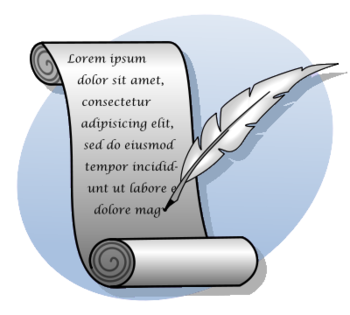 |
| 26 miles never looked so fun Image is cropped and modified. (Photo credit: Wikipedia) |
Disaster! I injured my back a couple of weeks ago; probably to do with preparing to move house and lifting something awkwardly. Anyway, the pain had subsided and I decided to carry on with the running last week. This week, however, the pain returned with a vengeance, so I was unable to run at all. Did manage a few short walks and, today, managed a 3 mile walk with my lovely wife. So, next week, I should be fine again.
Writing:
The preparation of the book continues. I'm still sorting through the many diary entries. Got through a good number so far and I'm working forward through the recorded years. It's a slow process, filtering out the irrelevant from the text. It also brings old memories back to the surface, some of which I had completely forgotten. But it's an essential part of the preparation if I'm to tell as true a tale as possible. So, bear with me, I'll get there eventually.
The house move has been a real eater of time and energy and I'll be so glad when we're finally settled in our new home and life can return to something approaching normal. Or as normal as it ever gets for us!










